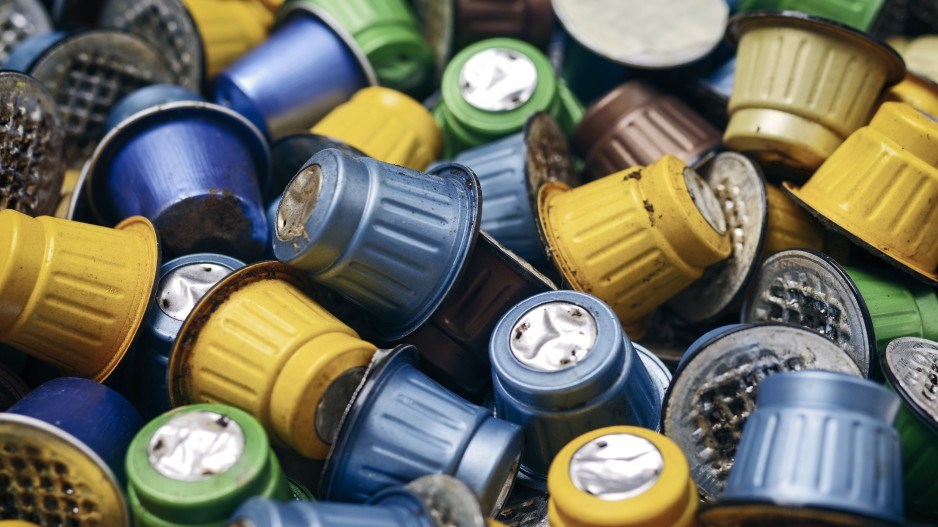Four in 10 companies are using green advertising to mislead consumers into buying everything from clothes and cosmetics to food, a new study has found.
The global review, led by the International Consumer Protection and Enforcement Network (ICPEN), found that of the 500 websites it surveyed, 40% “appeared to be using tactics that could be considered misleading and therefore potentially break consumer law.”
Claims included “vague and unclear language” like ‘eco’ or ‘sustainable', as well as describing products as ‘natural’ without any explanation of what that means.
Some websites were found brandishing their own logos affirming a green record, despite not having any connections to accredited organizations. In other cases, companies hid or omitted information that would point to a product’s carbon footprint in order to make it look more eco-friendly.
“This is a global issue, so it’s only right that we look at it in a global context," said chief executive of the U.K.'s Competition and Markets Authority Andrea Coscelli, in a prepared statement.
“Our joint work with other regulators will help us identify the big issues facing consumers and protect people from paying a premium for fake ‘eco-friendly’ products.”
The international sweep is still in its early stages, and ICPEN members haven’t decided whether consumer protection laws have been broken, according to the U.K. watchdog. Legal action is regularly undertaken by individual member countries and their government consumer and competition agencies.
In response to the report, Canada’s Competition Bureau warned Canadians to be on the lookout for fraudulent environmental claims.
“This practice is called ‘greenwashing.’ It can take many forms, including claims, adjectives, colours and symbols used to create an impression that a product or service is ‘greener’ than it really is,” said the bureau in a release Wednesday.
“If a company claims a product or service is ‘green’, take a moment to reflect on that claim.”
The Competition Bureau warned Canadians to remember that all consumer goods have an impact on the environment, even those that claim to be “green.”
It recommends reaching out to companies to confirm their green credentials. If the company is found to be misleading consumers with bogus environmental claims, Canadians can report it to the Competition Bureau.
Canada’s Competition Bureau is an independent law enforcement agency set up to protect and promote competitive business practices.
In one victory against greenwashing earlier this month, Keurig Canada reached an agreement with the Competition Bureau to pay a $3 million penalty after it made false and misleading environmental claims.
The case centred around the coffee company telling consumers — through social media, its website and directly on product packaging — that its single-use K-cup pods were recyclable. The Bureau found B.C. and Quebec were the only provinces where municipal recycling programs widely accepted the coffee pods.
Keurig Canada was also found to have made false or misleading claims by giving consumers the impression they could recycle the pods by peeling off the lid and dumping out the grounds.
In addition to the $3-million penalty, Keurig Canada was forced to pay for the cost of the Bureau’s $85,000 investigation and donate $800,000 to a Canadian environmental charity.
The company is no longer permitted to make the bogus claims on its packaging, online or in news media.




